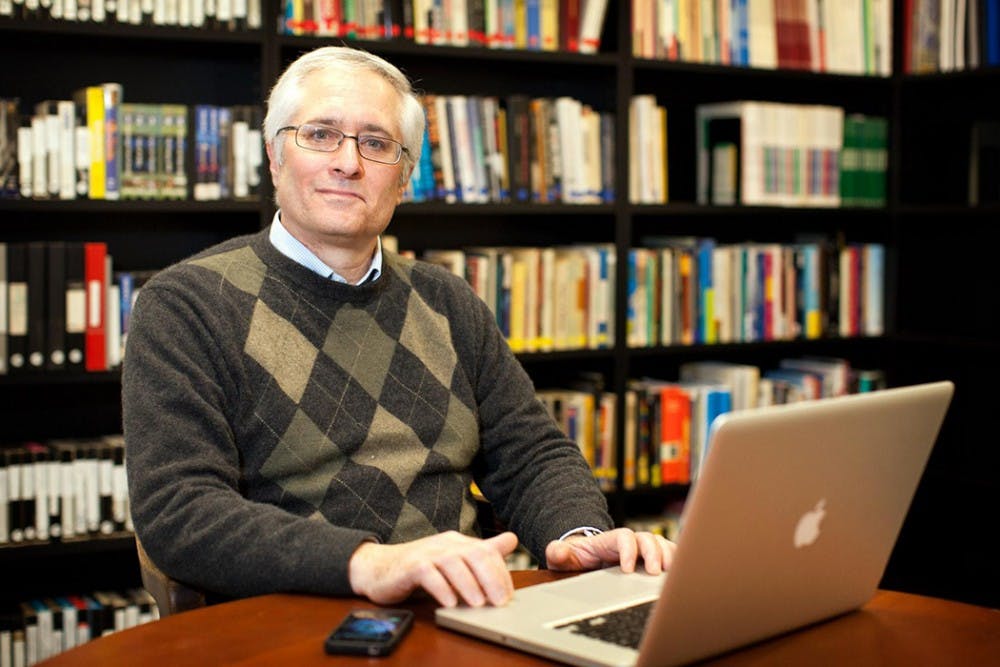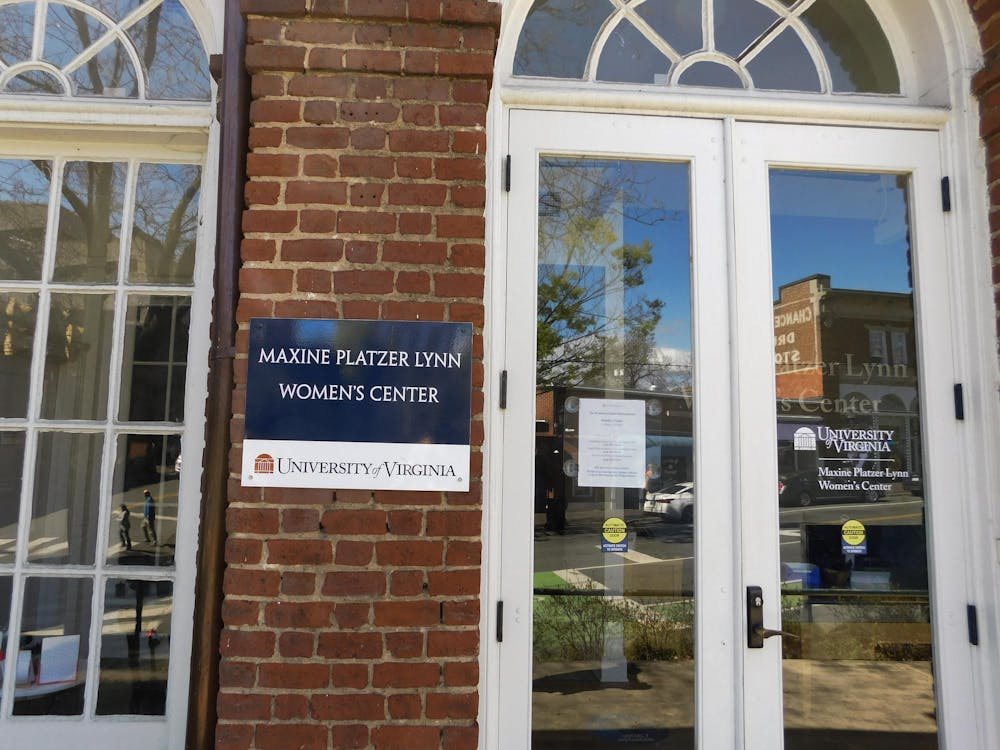University President Teresa Sullivan discussed a new “Forums” program for the College of Arts and Sciences at the Board of Visitors meeting Feb. 20.
The program consists of tailored groups of courses organized around central themes or topics, Academic Program Manager Clarence Odom said. These groups of courses will only be available to the incoming Class of 2020 and will be an alternative way to fulfill the College’s general education requirements.
Odom said all students who participate in the fora will take courses in fields like natural sciences, social sciences and humanities which meet the College’s area requirements.
“Students will be exposed to a broad range of inquiry through study with distinguished faculty and have the opportunity to research and investigate contemporary and real problems facing the world today,” Odom said in an email statement.
Students in the Class of 2020 will be able to apply to participate before summer orientation, and up to 40 students will be selected for each forum, Odom said.
Each forum will be 30-34 credits — or 10 to 11 classes — and will include an introductory seminar in the first semester and a capstone project in the fourth semester, Odom said.
The five proposed Forum topics are “Creative Processes and Practices,” “Visions of the Good,” “Mobility and Community,” “Epidemics” and “Human Impact on the Environment,” although Lorenzo Perez, senior writer in the Office of the Dean, said “Visions of the Good” is still pending approval from from the College faculty.
Odom said the Forums model was approved by the College faculty in the spring of 2014, although efforts to “conceptualize a new and innovative General Education experience” have been underway for six years.
Media Studies Prof. Bruce Williams, who chaired the committee that designed and adopted the Forums, said the problem with the current undergraduate general education requirements is the lack of cohesion between the various classes undergraduates take in their first semesters at the University.
“The problem is that when you add all the classes up that a student takes within their first two years they don't connect to each other,” Williams said. “They are a series of disconnected classes, and that is not the goal of a liberal arts education.”
The central goal of the Forums is to have students in their first two years taking classes which are connected to each other and for students to use critical reasoning to see connections between different areas which look at the world in different ways, Williams said.
Although the Forums will require a lot of faculty resources in order to teach the courses differently and collaborate across disciplines, but Williams said the effort is worth it.
“The good thing is that, the Forums, they are off the ground, and we are going to be offering more of them,” Williams said. “What we’re going to be proposing to the faculty at the end of this semester is much more dramatic in terms of how it changes the first two years for every student that comes in, but that’s a little down the road.”






